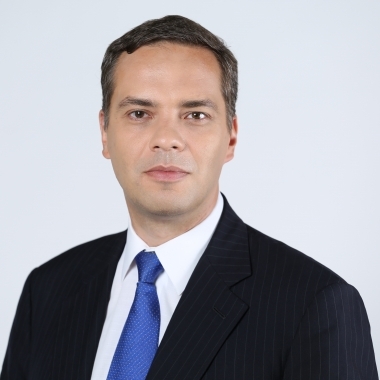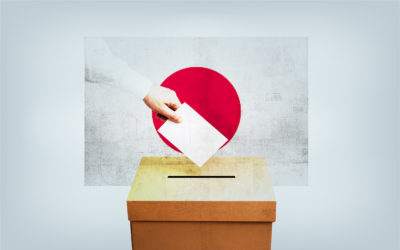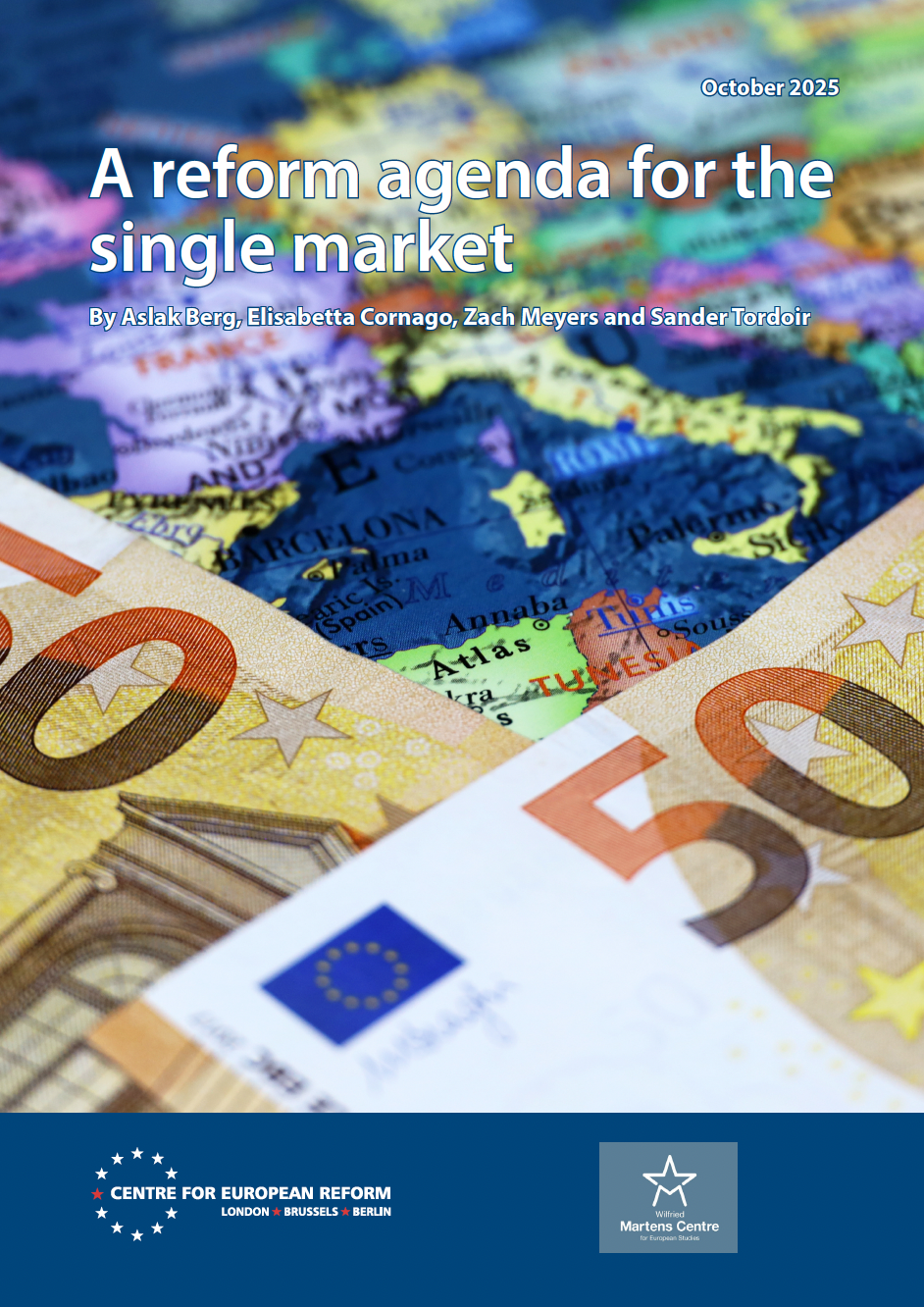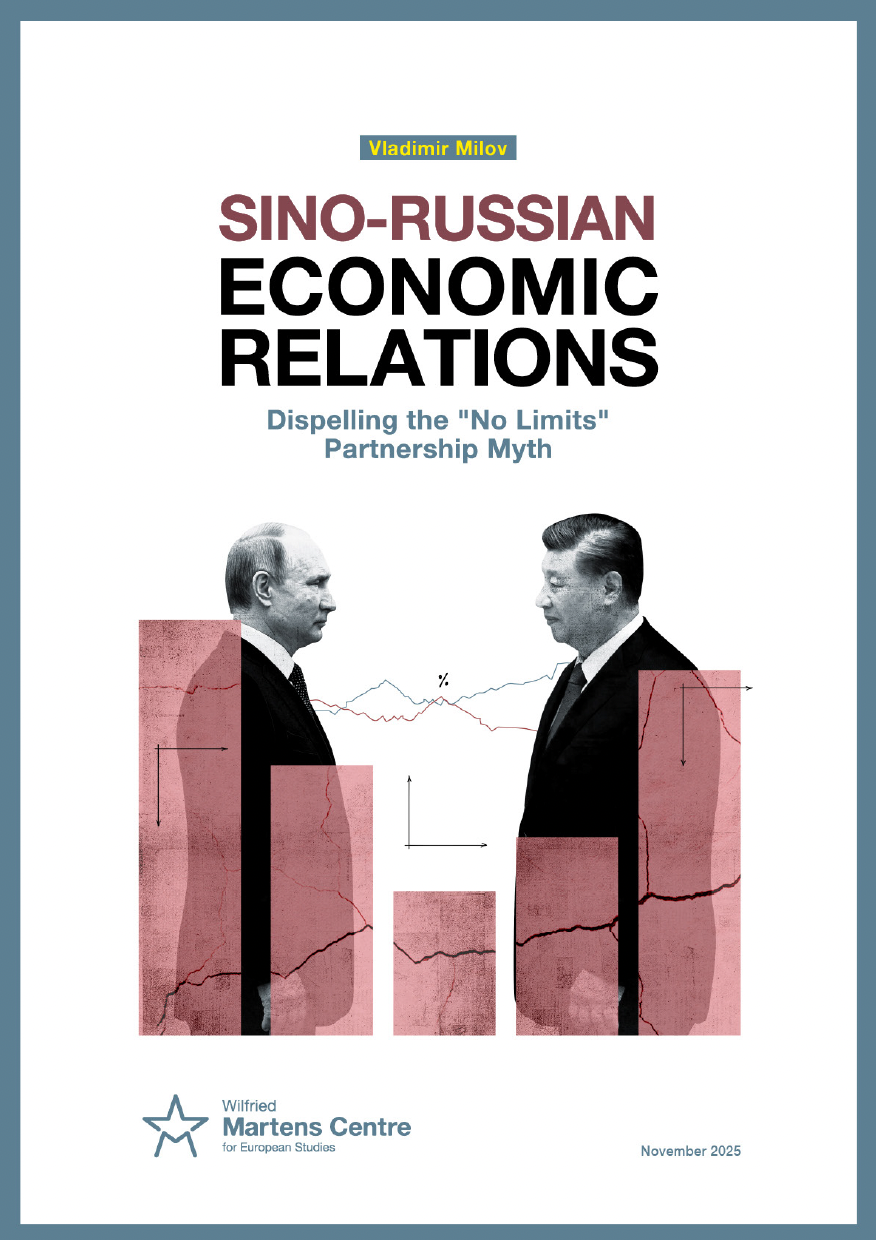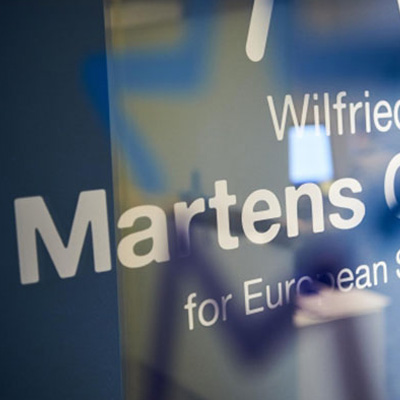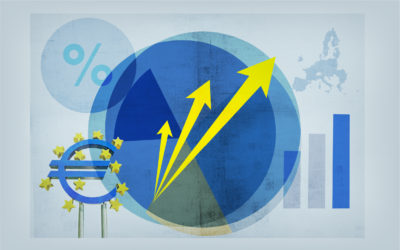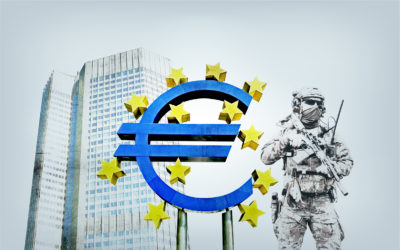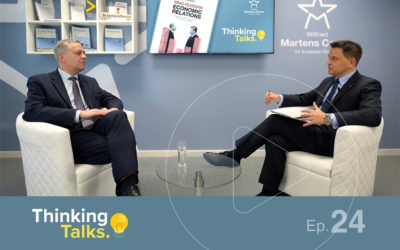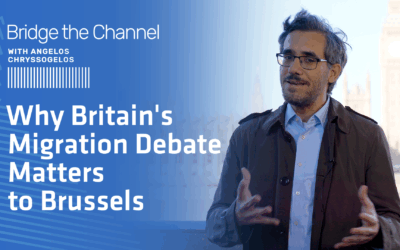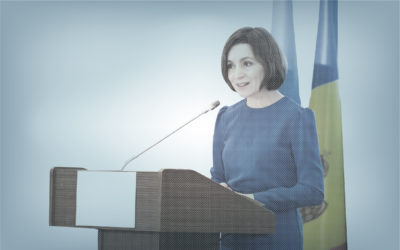Medvedev’s tough talk does not match Russian public opinion
22 February 2016
Last week at the Munich Security Conference, the Russian Prime Minister Dmitri Medvedev once again threatened the West with a “new Cold War” and repeated the old blame-game approach to relations with the West. There’s one problem: a growing call from ordinary Russians to reconcile with the West, and normalize relations.
According to recent polls as conducted by FOM, a polling agency which is traditionally loyal to the Kremlin, 60% and 62% of Russians say that Russian leaders “must aim to improve relations” with the United States and Europe respectively. These numbers match those of an independent polling centre, Levada, which claims that 54% of Russians believe that Russia should “strengthen its ties with the West” (up from 40% a year ago).
This is not to say that the viewpoint of Russian citizens to the West has changed for the better. All pollsters show that more than two-thirds of Russians view the U.S. and the E.U. in a negative light (which is no surprise, given the tireless 24-hour brainwashing by propaganda machines, which claim that Russia is “under attack” by the West and that they “aim to overthrow the legitimate government” and “exploit Russian resources”). However, given all that negativity, it’s also quite clear that this is not backed by some kind of deep-rooted aggression within Russian society.
Russian people have visibly grown tired over the past several years of confrontation, and are not truly interested in the Kremlin’s foreign policy-related mobilization efforts. For instance, according to Levada, only 18% of Russians follow Russian military campaign in Syria attentively (half a year ago, the maximum number of people interested was only 25%), whereas over 80% show limited interest in the subject. The same thing has happened in relation to events around Ukraine: Levada has shown a recent surge in public indifference to those, with the number of people who do not truly follow these events or not follow them at all reaching almost 70%.
All these developments are hardly surprising, given the severity of the developing economic situation in Russia. I have described the nature of this crisis, hitting the consumer purchasing power of Russians the hardest since 1990s, in more detail in December; since then, retail sales in Russia have fallen further by 15.3% year on year in December and by another 7.3% in January, and real wages – by 10% and 6.1% respectively. Notably, in January 2016 sharp declines continued contrary to the “low base effect” that optimists hoped for (in January 2015, the decline had already commenced, and optimistic outlooks were based on the assumption that the population’s purchasing power will level off compared to last year’s weak numbers).
It’s quite clear that Russians are unhappy with these developments, and demand that the Russian Government devote more effort to domestic economic policies so as to solve these problems and to reconcile with the West.
Given Medvedev’s Munich speech, Russian leaders seem to be totally ignorant of that demand from the Russian society by simply continuing with the old confrontational style. This is worth remembering for any Western politician talking to them further: The Kremlin’s international tough talk is not really backed by solid public support anymore.
ENJOYING THIS CONTENT?


